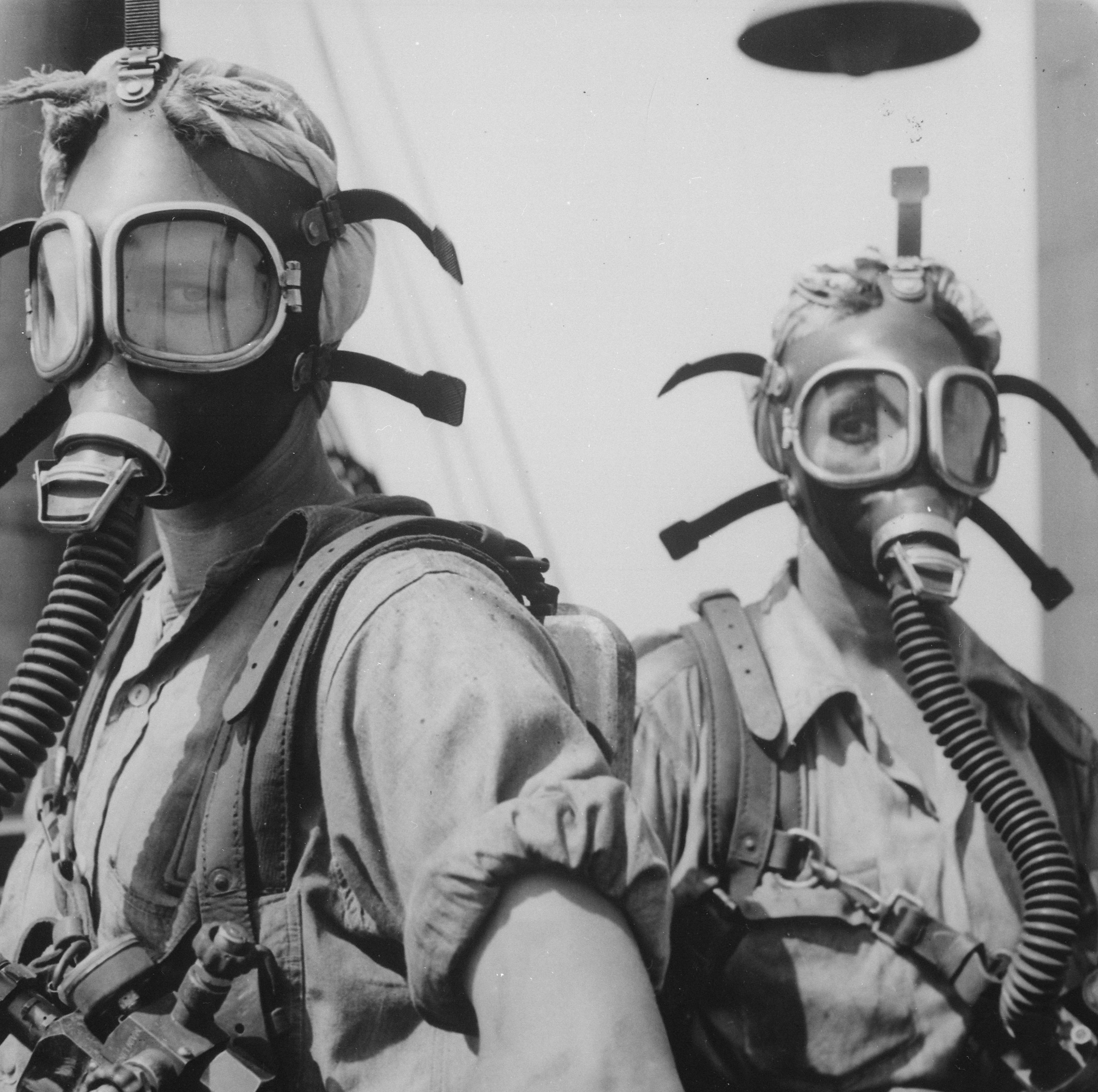It is more than a little maddening that Americans freaked out over Ebola, which had very little chance of becoming plague here, yet aren’t a fraction as flustered over a potential catastrophe caused by carbon emissions, a far more likely outcome. Even astoundingly successful capitalist Bill Gates–the sweater-clad, avuncular 2.0 version–has called for serious government curbs on free markets to combat climate change.
In advance of COP 21, Venkatesh Rao has penned an Atlantic piece about the need for a wartime-level approach to reworking the whole of global infrastructure, explaining why it’s possible but not probable to succeed. If death is in the distance but not yet in our faces, are we likely to surrender our luxuries to austerity? Rao acknowledges that a “single cheap and effective solution [could] emerge,” but that’s also not a plausible scenario. An excerpt:
We are contemplating the sorts of austerities associated with wartime economies. For ordinary Americans, austerities might include an end to expansive suburban lifestyles and budget air travel, and an accelerated return to high-density urban living and train travel. For businesses, this might mean rethinking entire supply chains, as high-emissions sectors become unviable under new emissions regimes.
What [Bill] Gates and others are advocating for is not so much a technological revolution as a technocratic one. One for which there is no successful peacetime precedent. Which is not to say, of course, that it cannot work. There is always a first time for every new level of complexity and scale in human cooperation. But it’s sobering to look back at the (partial) precedents we do have.
Of the previous six energy revolutions of comparable magnitude—wind, water, coal, oil, electricity, and nuclear—only nuclear power had anywhere near the same level of early-stage technocratic shaping that we are contemplating. Among technological revolutions outside the energy sector, only space exploration, nuclear-weapons technology, and computing technology have had similar levels of bureaucratic direction.
None of these are true comparables, however, for one critical reason. In each historical case, the revolution was highly focused on a single core technology rather than a broad portfolio of technologies, and a managed transition of infrastructure at civilization scale. In the case of aerospace and computing technologies, the comparison is even weaker: Those sectors enjoyed several decades of organic evolution driven primarily by inventors, private investors, and market forces before technocrats got involved.•
Tags: Venkatesh Rao

